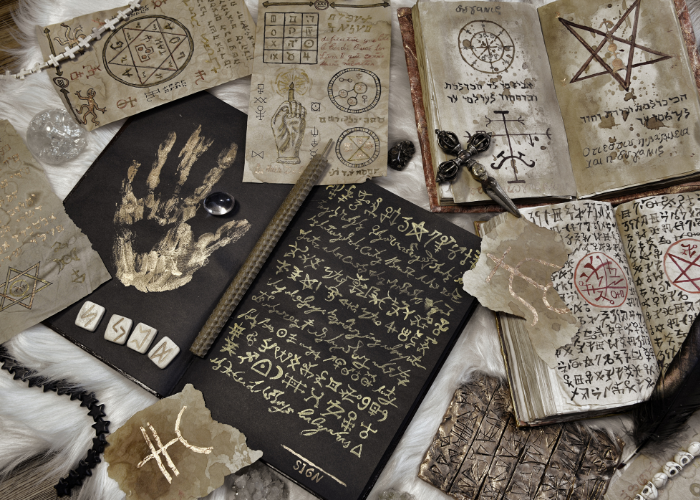Voodoo doctors, also known as voodoo priests or priestesses, have become synonymous with mystery and intrigue. Originating in West Africa, the practice of voodoo encompasses a complex intertwining of spiritual beliefs, rituals, and healing techniques. In this article, we will explore the world of voodoo doctors, shedding light on their ancient healing tradition and debunking common misconceptions.
1. What is Voodoo?
Before delving into the role of voodoo doctors, it is crucial to understand the foundation of the voodoo belief system. Voodoo is a syncretic religion that emerged in Africa and later evolved in the West Indies and Haiti due to the transatlantic slave trade. It combines African animistic religions with elements of Christianity brought by the European colonizers.
2. The Role of Voodoo Doctors
Voodoo doctors are esteemed spiritual leaders who bridge the gap between the physical and spiritual realms. Their main role is to communicate with the deities and spirits, seeking their guidance and intercession in various aspects of life, including healing. Voodoo doctors possess unique knowledge of herbs, potions, and rituals that are believed to possess supernatural powers to bring about positive change and restore balance.
3. The Healing Tradition
Healing lies at the core of voodoo practice, and voodoo doctors are revered for their ability to address physical, mental, and spiritual ailments. Their techniques encompass a holistic approach, focusing on the overall well-being of individuals rather than just treating the symptoms.
a) Herbalism and Medicine
Voodoo doctors have a profound understanding of plants and their medicinal properties. They employ various herbs, roots, and leaves to concoct remedies that are administered to patients. These remedies are believed to possess mystical powers that can aid in the healing process.
b) Rituals and Ceremonies
Rituals and ceremonies play a vital role in voodoo healing. Voodoo doctors perform rituals that involve dancing, drumming, chanting, and invoking spirits. These ceremonies are aimed at connecting with the divine forces or Loa, who are believed to guide and influence the healing process.
4. Misconceptions about Voodoo Doctors
Unfortunately, voodoo has often been sensationalized and misrepresented in popular culture. This has led to numerous misconceptions about voodoo doctors and their practices. It is important to address and dispel some of these misconceptions to gain a deeper understanding of this ancient healing tradition.
a) The Association with Black Magic
Contrary to popular belief, voodoo doctors are not exclusively associated with black magic and malevolent intentions. While there are certainly practitioners of dark magic that exist within the voodoo tradition, the majority of voodoo doctors focus on healing, spiritual guidance, and overall well-being.
b) Zombies and Dark Rituals
Thanks to Hollywood, zombies and dark rituals have become synonymous with voodoo. In reality, the concept of zombies in voodoo is far more complex and symbolic. Zombies are believed to be humans under the control of a sorcerer, rather than the flesh-eating creatures depicted in movies. Authentic voodoo practitioners prioritize healing and balance rather than engaging in wicked rituals.
Conclusion
Voodoo doctors are an integral part of the voodoo tradition, utilizing their deep knowledge and spiritual connection to provide healing and guidance. Beyond the misconceptions perpetuated by popular culture, it is essential to recognize the rich history and cultural significance of voodoo doctors. By gaining a deeper understanding of their ancient healing tradition, we can foster greater respect and appreciation for this mystical and often misunderstood practice.

